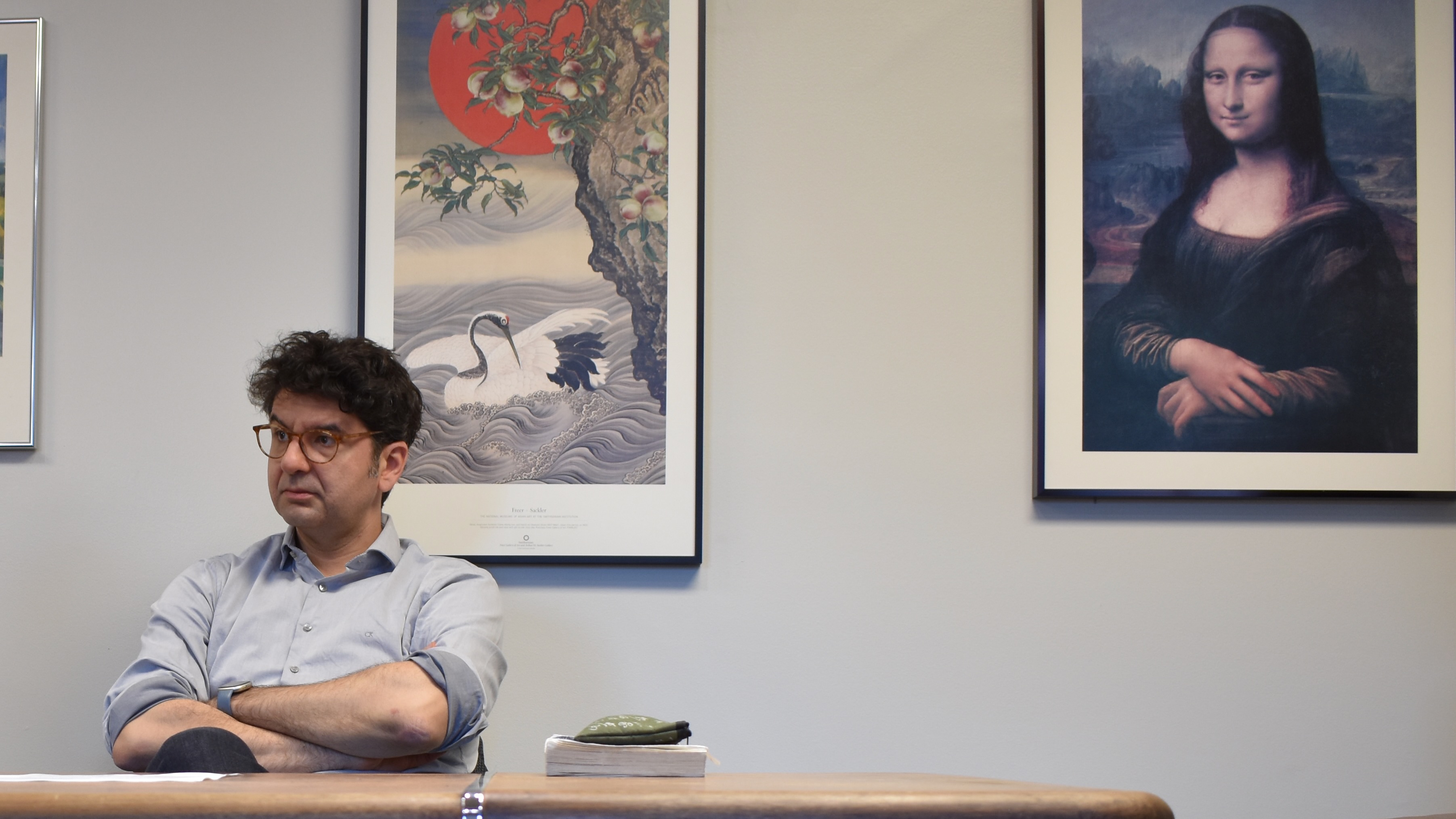WiP - Paolo Santorio / Assertion and weak belief

WiP - Paolo Santorio / Assertion and weak belief
Wednesday November 20, the Philosophy Works-in-Progress series has Paolo Santorio, with a discussion of new thoughts on "Assertion and weak belief," abstracted below.
On a widely accepted view of assertion, knowledge is the norm of assertion: you may assert p only if you believe p. Recently, Mandelkern and Dorst have suggested that assertion is weak: one may assert p even if one is in an epistemic state much weaker than knowledge. I argue that this debate emerges out of a conflation. There are two main normative requirements governing assertion, targeting different normative properties. Assertion is subject to a sincerity requirement, and to a responsibility requirement. The first one is linked to belief, the second to knowledge. These requirements are irreducible to each other, even though knowledge entails belief. Among other things, this helps us elucidate a theoretical role for the popular notion of weak belief.

